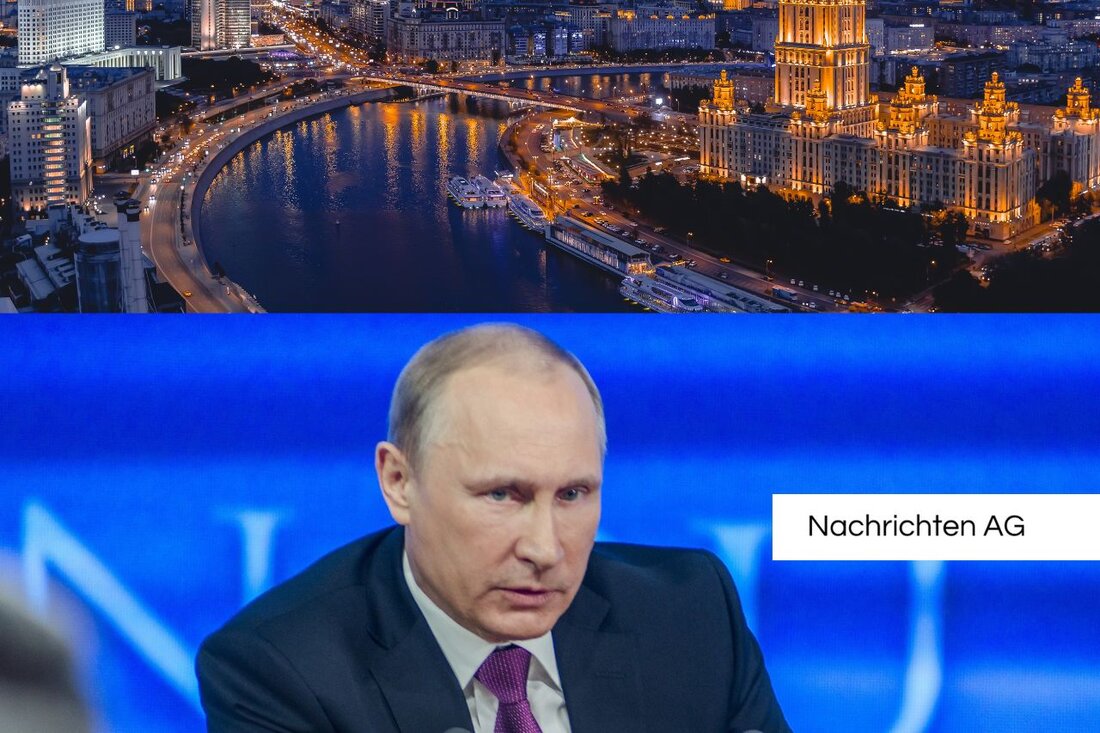Selenskyj urges halved oil price: increase pressure on Russia!
Selenskyj urges halved oil price: increase pressure on Russia!
Kiew, Ukraine - Ukrainian President Wolodymyr Selenskyj again asked the western industrialized countries to halve the upper price limit for Russian oil. This price lid is currently $ 60 per barrel, but Selenskyj proposes a reduction to $ 30. The Ukrainian President refers to a proposal from the EU Commission to adapt the price limit to $ 45. He thanks the EU Commission for its focus on additional sanctions against the energy and banking sector of Russia, which is considered crucial for the influence of the Kremlin.
Selenskyj believes that a halving of the price limit of Russia would put pressure on peace, and criticizes the compromises of the West to Russia, which in his opinion delay. These demands arise against the background of intensive Russian air strikes in Ukrainian cities. The President reported rising drone attacks and an increase in weapons used by Russia, which underpins his conviction that Russia is not interested in peace.
additional sanctions of the EU
The EU Commission proposed new sanctions against Russia, which affect the energy and banking sector. It is important that the member states coordinate on these measures. Commission President Ursula von der Leyen has made the suggestion to reduce the maximum price for Russian oil from $ 60 to $ 45 in order to further increase the pressure on Russia.
The context of these political developments is characterized by challenges in the energy sector and geopolitical tensions that affect not only Ukraine itself, but also the stability in Europe. This is discussed in the analysis of bpb.de and economic framework.
The focus is on the raw materials of Ukraine because many of them are of great interest in the global market. Experts indicate that around 70 percent of Ukrainian energy supply consist of fossil fuels and renewable energies. A loss of these resources could severely affect the region's energetic security.
In summary, it can be said that Selenskyj's demands for a lower price limit can be seen not only as an economic means of pressure compared to Russia, but also as part of a comprehensive strategy to address the geopolitical tensions in Europe and to strengthen the war effort. In view of the growing threat from Russia, dealing with the energy sector and the raw materials of Ukraine remains a central element of European security policy.| Details | |
|---|---|
| Ort | Kiew, Ukraine |
| Quellen | |


Kommentare (0)